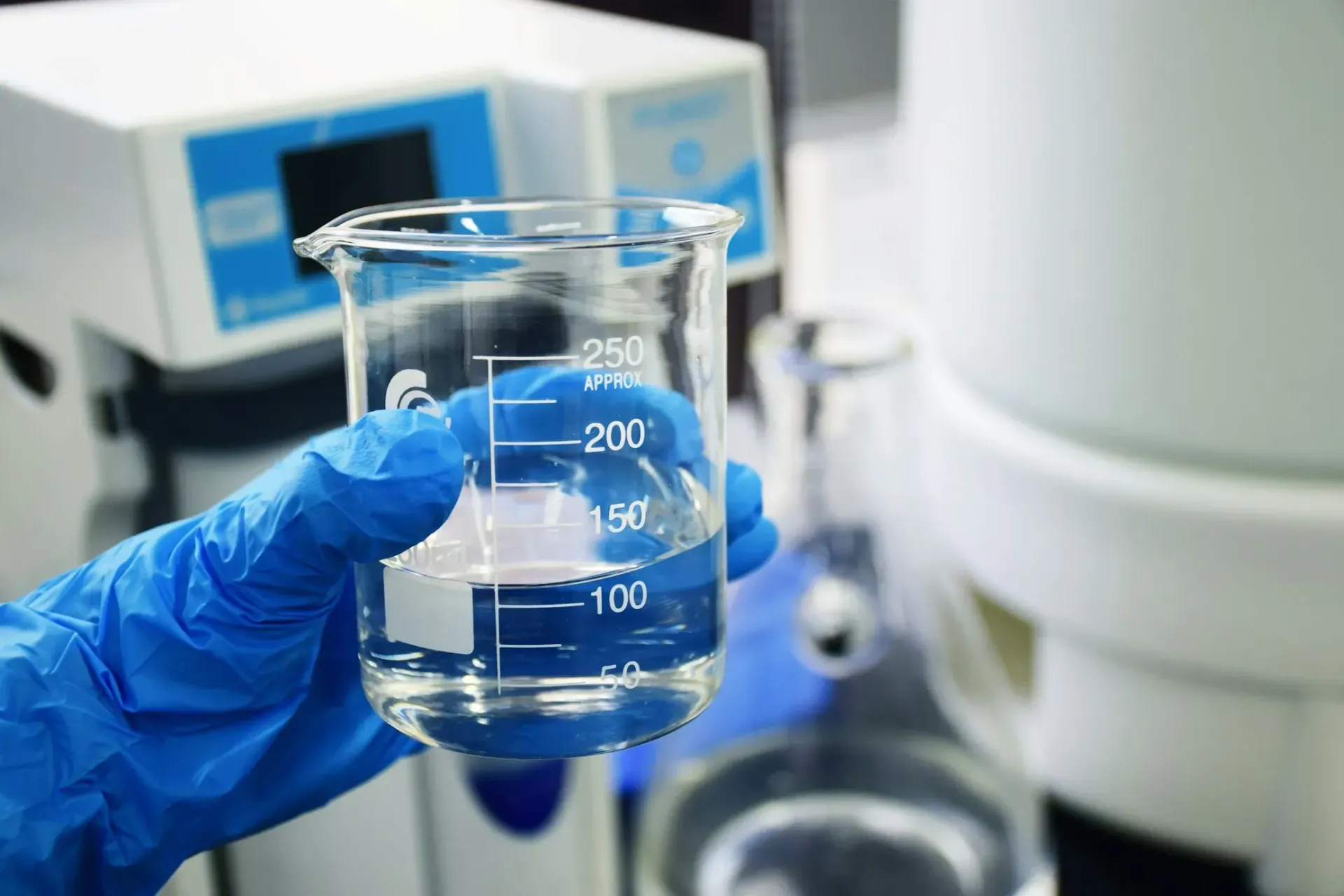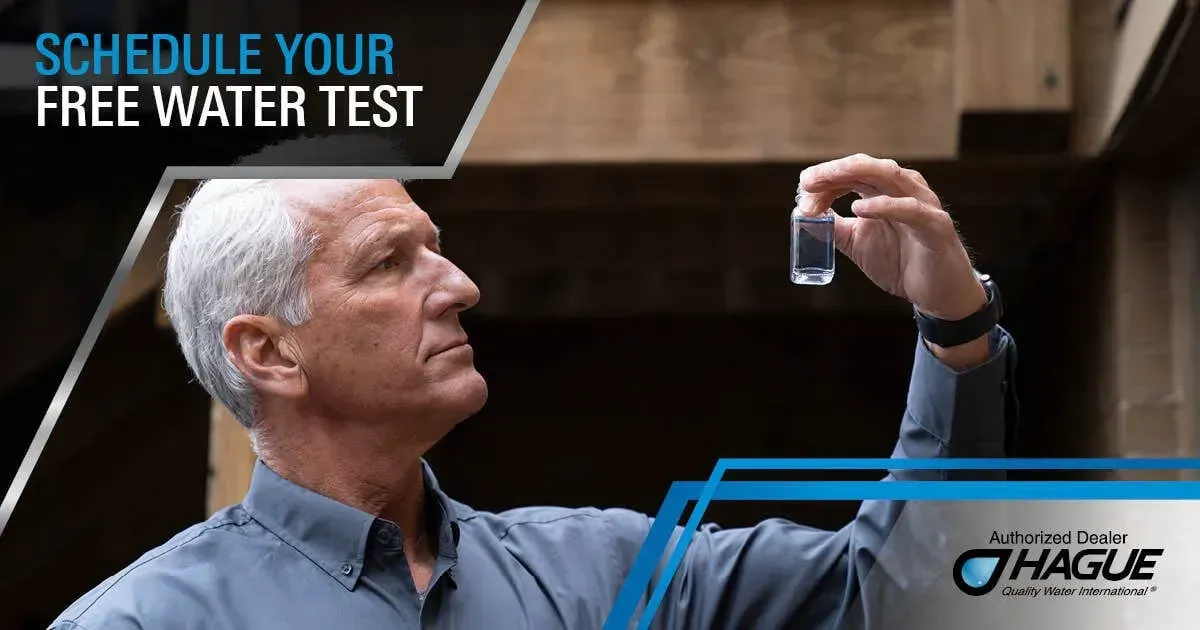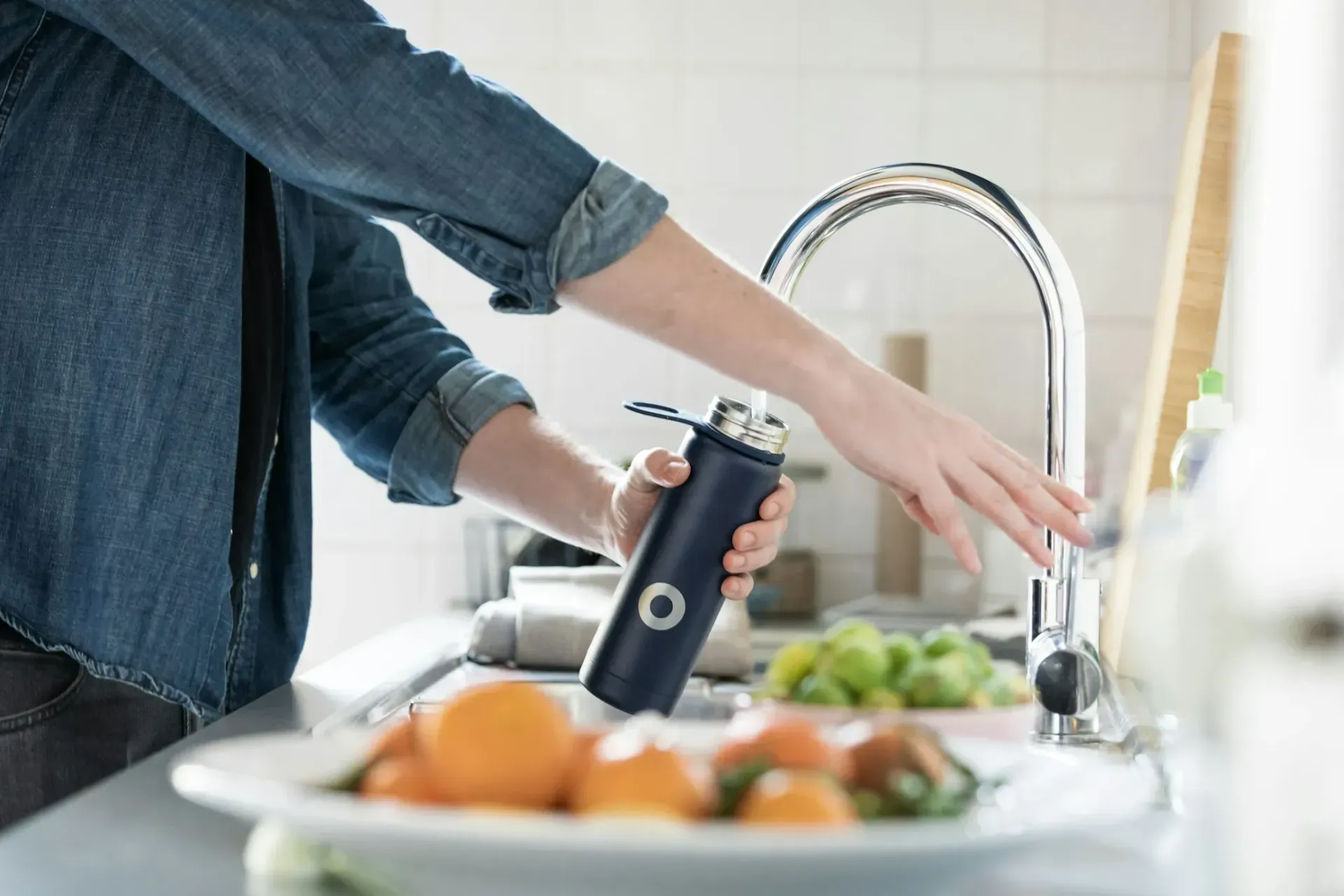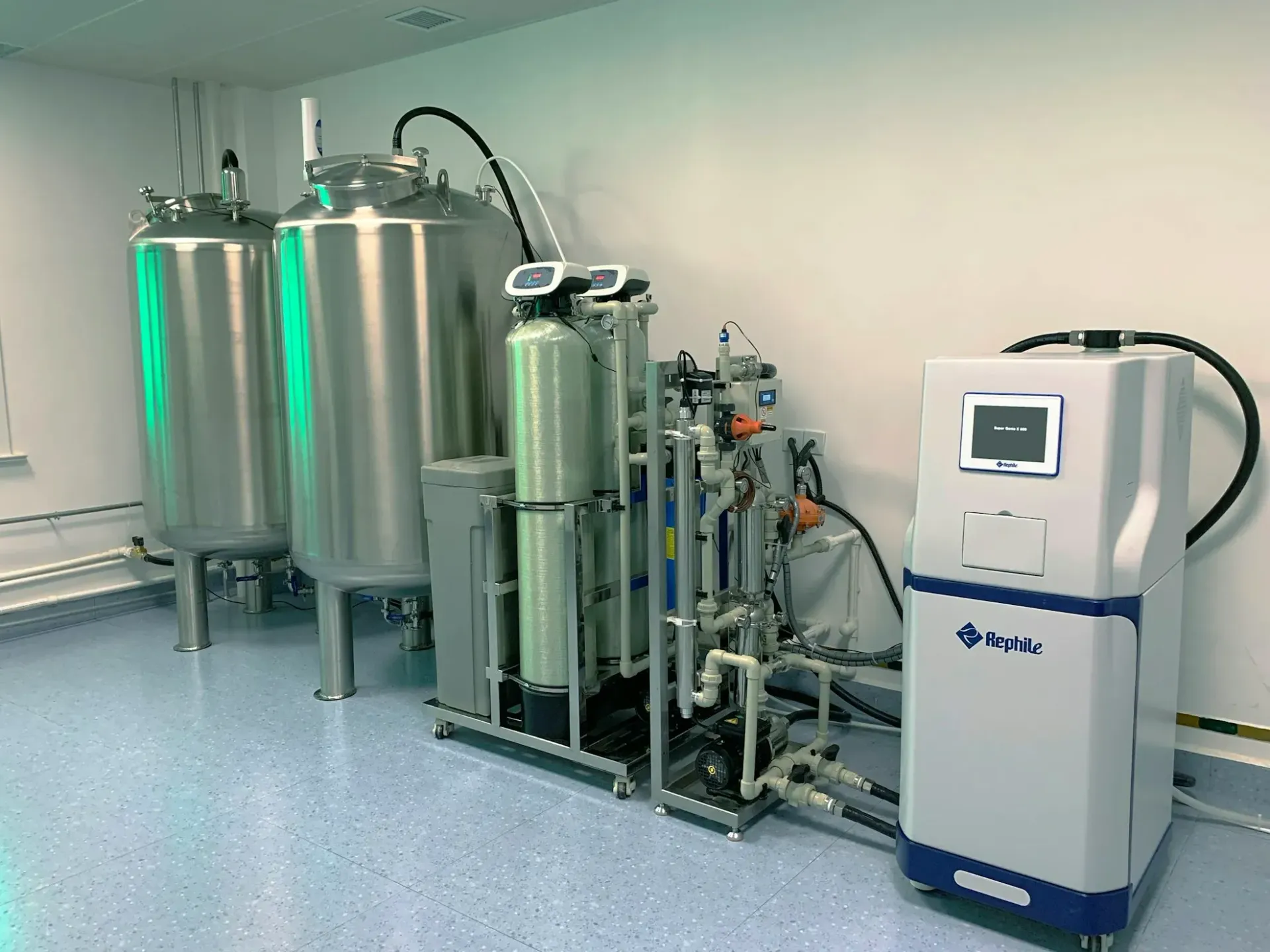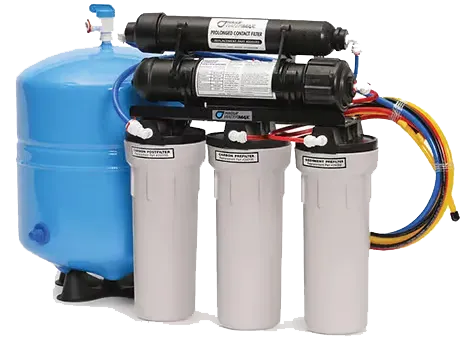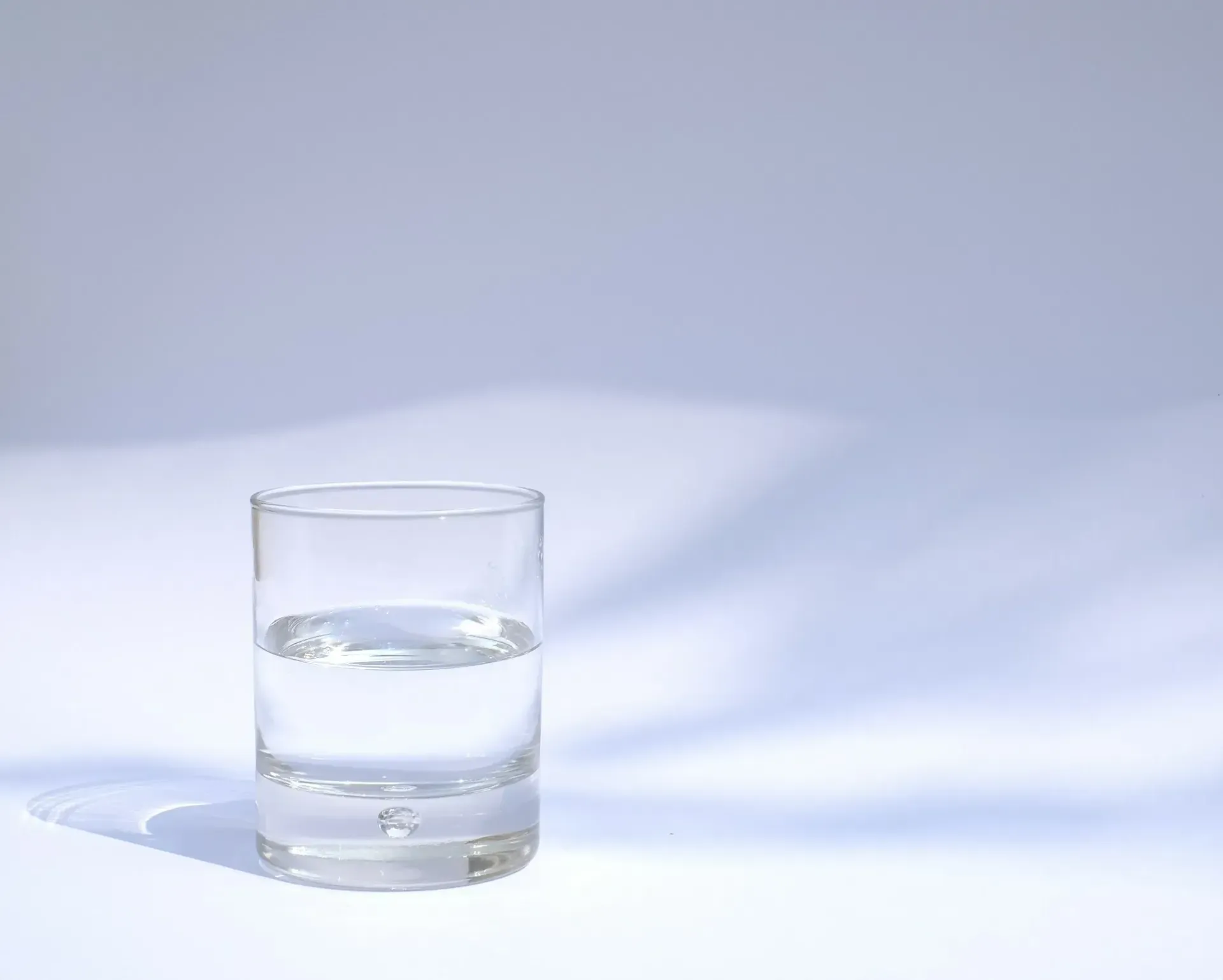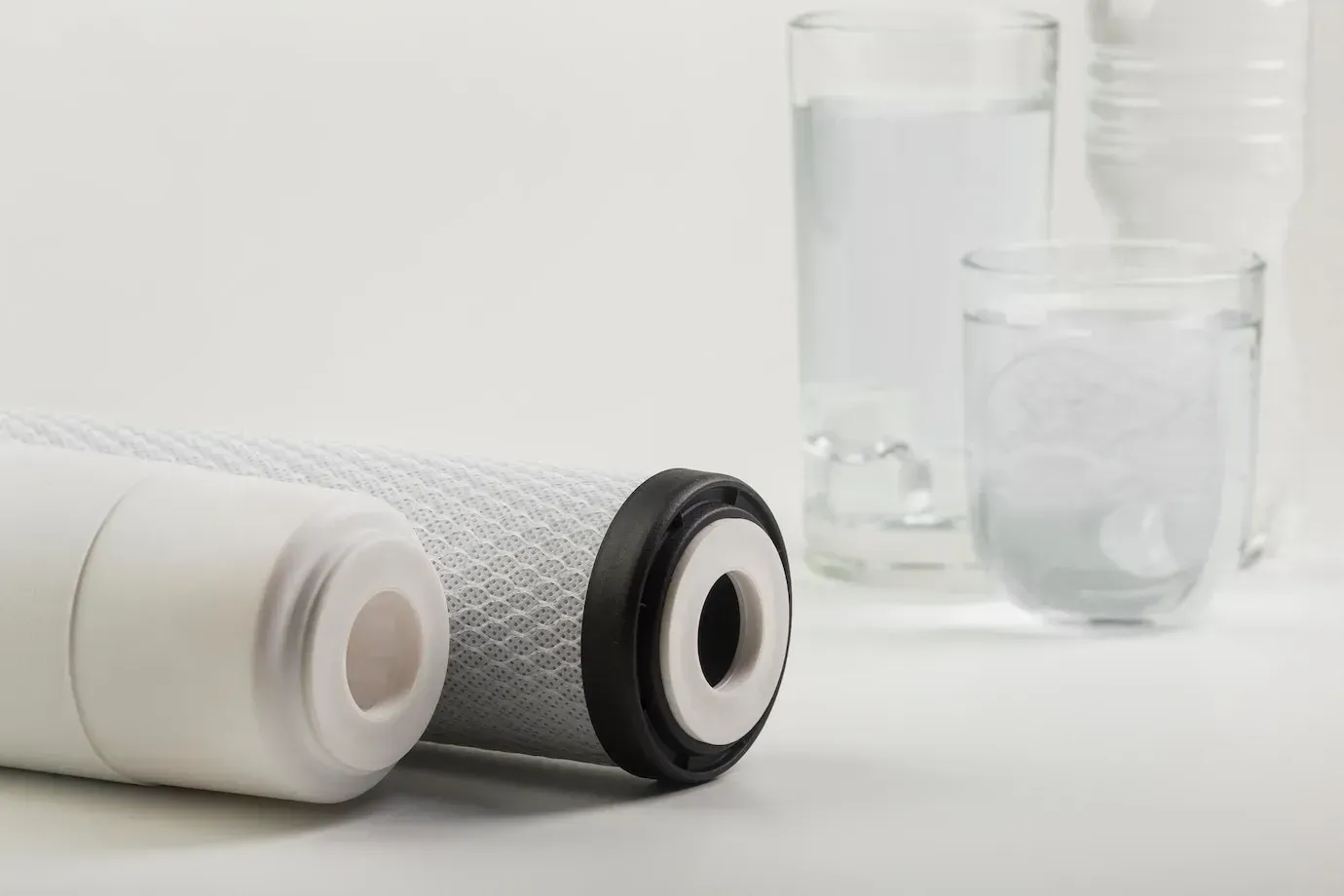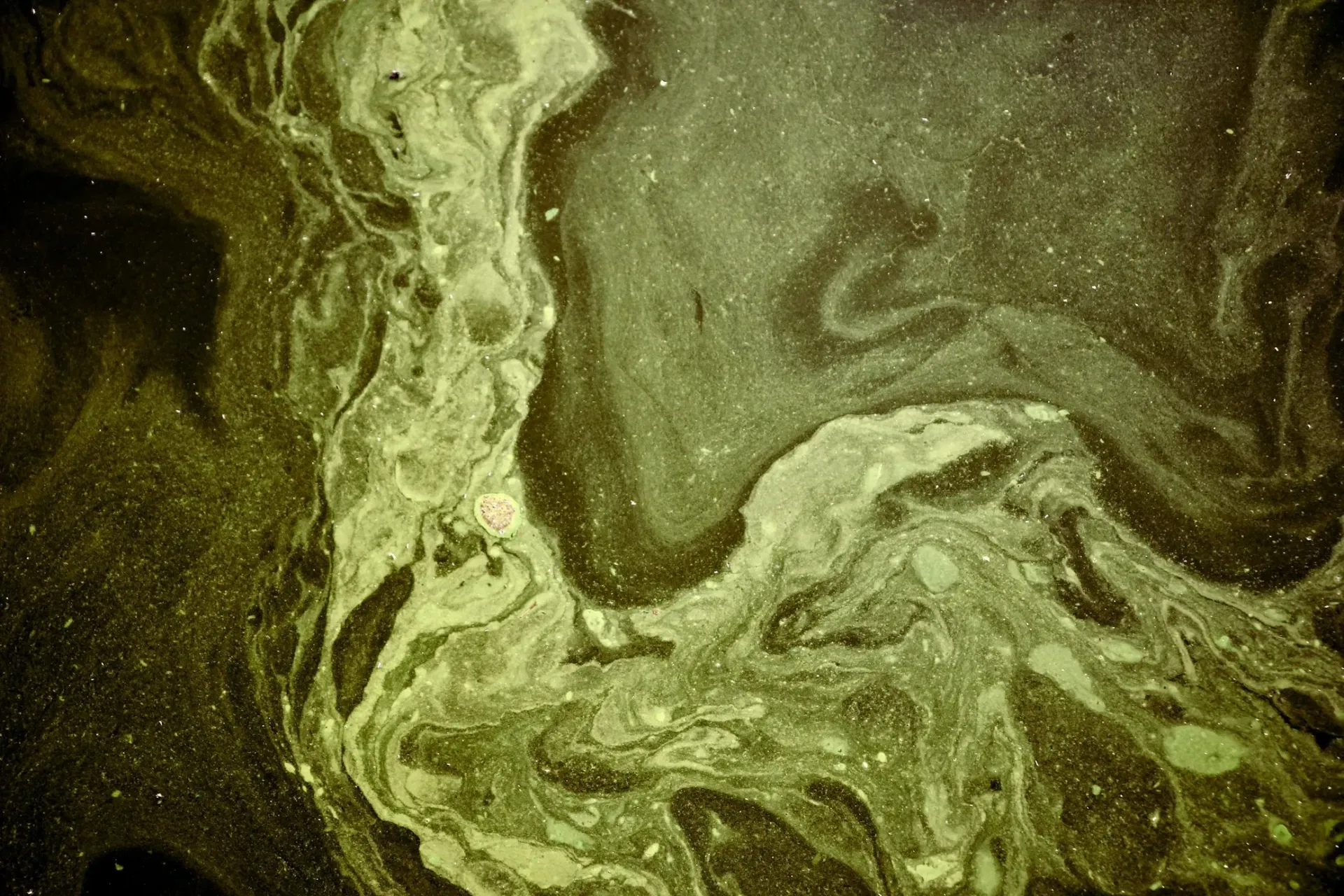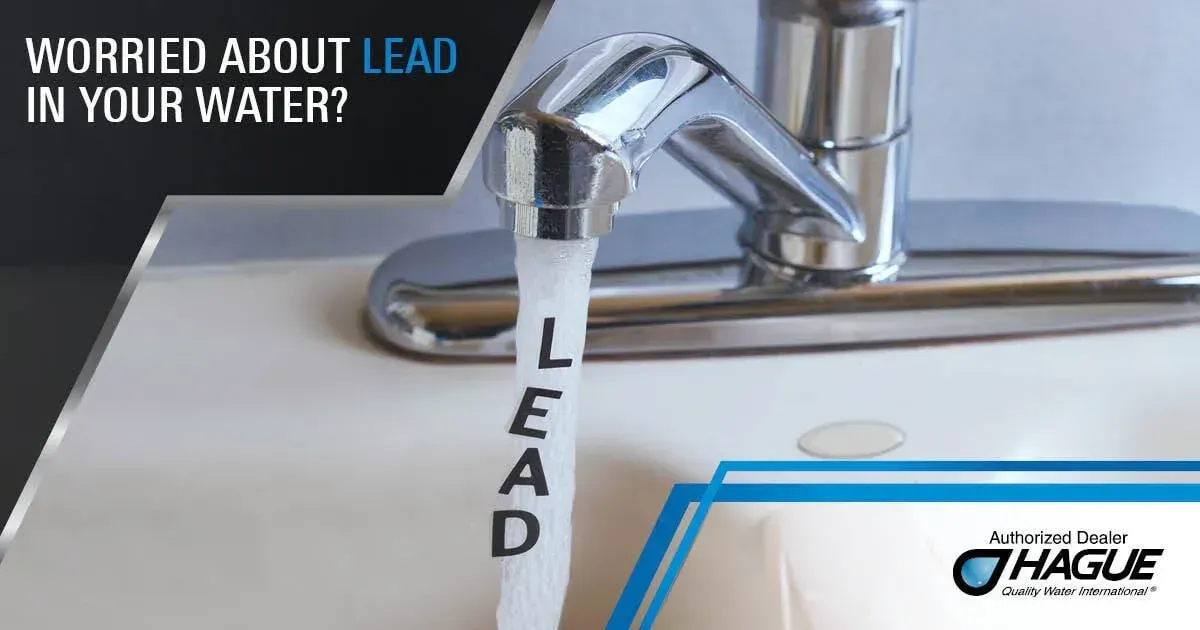
Benefits of Water Testing Solutions
Water is essential to life, but how often do you think about its quality? Clean water isn’t just about how it tastes—it’s about staying safe. Contaminants like bacteria, heavy metals, and chemicals can turn something so basic into a serious health risk.
That’s where water testing solutions come in. They ensure the water you drink, cook with, and use every day is safe for you and your family. By catching potential problems early, water testing protects your health and saves you money.
Understanding Water Testing Solutions
What Are Water Testing Solutions?
Water testing solutions are tools or services that check the quality of your water. They help detect contaminants like bacteria, heavy metals, and harmful chemicals, ensuring your water is safe for drinking and daily use. These solutions are essential for identifying risks and maintaining the safety of your water supply.
Types of Water Testing Solutions
DIY Test Kits
DIY test kits are affordable and easy to use. They allow you to test for common issues like pH levels, chlorine, and water hardness. These kits provide quick results, making them ideal for routine water quality checks at home.
Professional Water Testing Services
Professional testing services offer a deeper analysis of your water. Experts test for a broad range of contaminants, including bacteria, lead, and nitrates. These services are perfect for serious concerns about water safety and compliance with health standards.
Automated Water Quality Systems
Automated systems provide real-time monitoring of your water quality. They are excellent for households or businesses that want continuous assurance of water safety. These systems send instant alerts if contaminants are detected, allowing you to respond immediately.
Key Benefits of Water Testing Solutions
Ensuring Safe Drinking Water
Water testing solutions help detect harmful contaminants like bacteria, heavy metals, and chemicals that can pose serious health risks. By identifying these dangers early, you can take the necessary steps to make your water safe. Whether it’s installing a filtration system or switching to a different water source, testing helps you stay in control of your water quality.
Protecting Health and Preventing Diseases
Contaminated water can lead to illnesses such as gastrointestinal infections, lead poisoning, and long-term health issues. Regular water testing reduces these risks by providing accurate information about what’s in your water. It empowers you to address problems before they affect your family’s health.
Compliance with Regulations
If you’re a business or property owner, staying compliant with water quality regulations is critical. Many local and federal standards require routine water testing to ensure safety. Testing helps you meet these standards, avoid penalties, and maintain your reputation.
Cost Savings
Early detection of water issues saves money in the long run. Fixing a problem like corrosion, contamination, or pipe damage early is much cheaper than dealing with major repairs or medical bills caused by unsafe water. Investing in water testing solutions can prevent costly surprises down the road.
Environmental Protection
Water testing isn’t just about personal safety—it also protects the environment. Identifying and addressing contaminants prevents them from spreading into local ecosystems. This reduces water pollution and ensures cleaner rivers, lakes, and groundwater for future generations.
Implementing Water Testing Solutions
Choosing the Right Testing Method
Finding the right water testing solution depends on your specific needs. Here’s how to decide:
- DIY Test Kits: If you need quick, affordable results for basic water checks, DIY kits are a great option. They’re easy to use and perfect for checking pH, chlorine levels, or hardness.
- Professional Services: For more detailed analysis or serious concerns, hire a professional. They can test for contaminants like lead, bacteria, and nitrates, providing a thorough report.
- Automated Systems: If you need ongoing water monitoring, automated systems offer real-time updates. They’re especially useful for businesses or households that want continuous assurance.
Frequency of Testing
How often you should test your water depends on your situation:
- Private Wells: Test at least once a year for contaminants like nitrates, bacteria, and heavy metals.
- Municipal Water Supply: While city water is regularly tested, you may want to check for additional contaminants, especially if your water tastes or smells unusual.
- Household Systems: If you’ve installed water filtration systems, test your water every few months to ensure the system is working effectively.
Routine testing keeps you informed and helps you act quickly if something changes.
Interpreting Test Results
Understanding your water test results is crucial. Here’s what to look for:
- Safe Levels: Compare your results to local or federal water quality standards. The Environmental Protection Agency (EPA) provides clear guidelines for acceptable contaminant levels.
- Actionable Insights: If a contaminant exceeds safe levels, address it immediately. For example, install a water filter, repair your pipes, or contact a professional to treat your water system.
- Documentation: Keep records of your results, especially if you’re required to report compliance for regulatory purposes.
By interpreting your results accurately, you can make informed decisions to protect your water quality.
Conclusion
Clean water is essential for your health, home, and peace of mind. Regular water testing ensures you stay ahead of potential issues, protecting your family from harmful contaminants while saving money in the long run. Whether you’re in Central Indiana, Westfield, Carmel, Brownsburg, Avon, Plainfield, Martinsville, or Mooresville, making water safety a priority is crucial.
For reliable solutions, consider Puresoft Water Treatments. They specialize in water treatment, water softeners, whole-home treatment systems, and water filters tailored to your needs. With their expertise, you can enjoy safe, clean water throughout your home.
Contact Puresoft Water Treatments today to learn how their systems can improve your water quality and transform your home.
